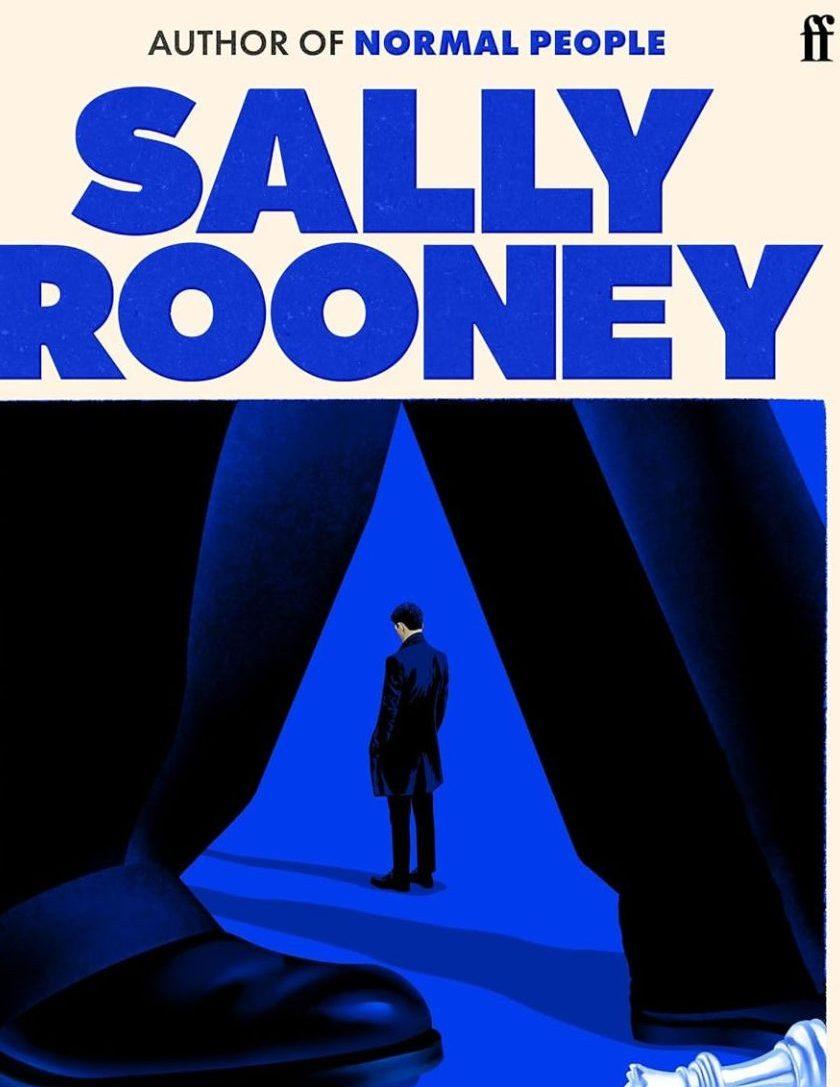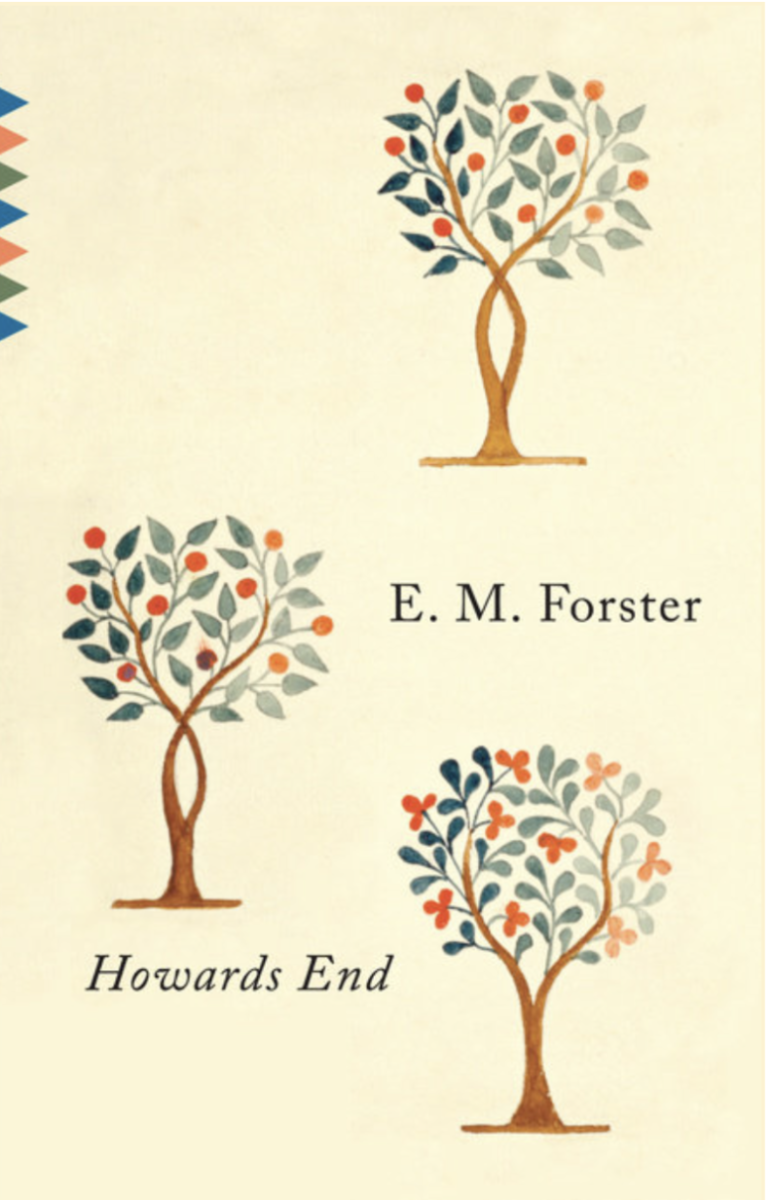CW: spoilers, mentions of death, age-gap relationships, and chronic pain
In the spring of 2015, Irish author Sally Rooney reflected on her time as the top competitive debater in Europe in her essay “Even If You Beat Me,” which appeared in The Dublin Review. Though ambivalent about her accomplishments and ashamed of how convincingly she proposed solutions to “weighty issues” she knew little about, Rooney admitted that “the feeling of flow, that perfect, self-eliminating focus” she experienced during debates was exhilarating and even a bit mysterious. The persuasive, complex arguments her brain crafted on the spot seemed to pour out of her mouth effortlessly: “Hitting that perfect rhythm while speaking, connecting concept to response, drawing examples out of thin air, you feel just like I imagine a pool shark must. Complex things become simple,” she explained.
Nothing is ever simple in Rooney’s writing, but her novels “Conversations with Friends” (2017), “Normal People” (2018), and “Beautiful World, Where Are You” (2021) unfold in a lucid, measured style filled with back-and-forth dialogue that contains the kind of “perfect rhythm” to which Rooney refers.
In her latest novel, “Intermezzo,” Rooney departs from her usual style and chooses to focus on characters who are so out of sync with each other that it seems unlikely they will ever share common ground. This slightly surprising move is less surprising when we consider the title’s meaning; the word “intermezzo” can refer to an interlude in music and an unexpected chess move that forces an immediate response from the player’s opponent. It seems, then, that Rooney wishes to draw our attention to the surprising decisions and power plays that interrupt the flow of each character’s life and drive the plot of the novel.
“Intermezzo” follows two brothers — Peter and Ivan Koubek — as they deal with the recent death of their father, their complicated romantic lives, and their increasingly strained relationship with each other. For much of the novel, Peter, a thirty-two-year-old human rights lawyer, tries to suppress his grief and, instead, focuses on his relationships with two women: a college student named Naomi he’s dating, and his ex-girlfriend Sylvia, who broke up with him six years ago after a traffic accident left her in chronic pain. Ivan, a twenty-two-year-old chess champion, agonizes over his father’s death and worries no one will truly understand him until he falls in love with Margaret, an arts center director roughly fourteen years his senior. Peter and Ivan haven’t been close in many years, but their father’s death and their disapproval of each other’s romantic partners heighten the tension, turning them into fierce opponents.
The novel alternates between focusing on Peter and Ivan, and their respective chapters have distinct writing styles that highlight their differences.
Peter prides himself on appearing polished and composed at all times, but the messy, imprecise prose in his sections reveals the doubt and anxiety festering beneath the surface of his smooth demeanor. His thoughts emerge in a fragmented, staccato stream-of-consciousness style that marks the moment in time and records his immediate thoughts and observations. The resulting prose is difficult to read, but it provides insight into the grief, regret, and awareness of Peter’s mortality that keeps him “trapped in claustrophobic solitude.” While making toast for Sylvia, Peter thinks: “Everything lethally intermixed, everything breaching its boundaries, nothing staying in its right place. She, the other, himself … Their father: from beyond the grave. Conceptual collapse of one thing into another, all things into one. No. To answer the first question of where to sleep tonight.”
Ivan’s chapters are filled with sharp, meticulously constructed sentences. Ivan is self-conscious about his interpersonal skills and second-guesses himself when speaking to others, often leading him to over-explain himself or remain completely quiet and “trapped in a familiar cycle of unproductive thoughts.” Yet, he is more honest about his feelings, opening up to Margaret about how much he misses his father and how afraid he is of forgetting him. “The person who’s gone has no reality anymore, except in thoughts. And once they’re gone from thoughts, they actually are completely gone. If I don’t think about him, literally, I’m ending his existence,” he reasons.
Their respective chapters illustrate how incomplete, if not entirely wrong, their impressions of each other are. Peter views Ivan as a childish, “dour little weirdo” who can’t hold a conversation. Ivan finds Peter’s “smirking superiority” and casual tone of condescension insufferable. But they don’t come off this way to other people, and they seem to have the most trouble communicating with each other.
Competitiveness, it seems, is something Peter and Ivan have in common. During an awkward lunch, Ivan reveals that he hates losing a chess match, and Peter remarks that he hates losing court cases and couldn’t cope well when he lost debates in college. Though Peter and Ivan lose very rarely, they “both wanted their lives to consist of winning all the time and never losing.” For them, it’s not enough for them to win frequently; they must always be right and maintain a constant winning streak.
Unintentionally or not, their unrealistic expectations turn every interaction into a competition and every conversation into a debate. They study each other, read into hesitation, and wait for the perfect moment to catch the other off guard. Perhaps this is one of the reasons the two brothers find it so hard to communicate — they’re both always keeping score and trying to out-maneuver the other.
But Peter and Ivan also share something more powerful than competitiveness: hope. At one point, Ivan lets go of his impulse to strategize and tells Margaret, “I mean, we’re both young, in reality, anything is possible. Life can change a lot.” In an uncharacteristically optimistic moment, Peter echoes this statement and thinks, “It doesn’t always work, but I do my best. See what happens. Go on in any case living.” Perhaps this is one of those rare times when they’re both right.
Contact the editors responsible for this story: Ivy Buck, Anabelle Meyers






